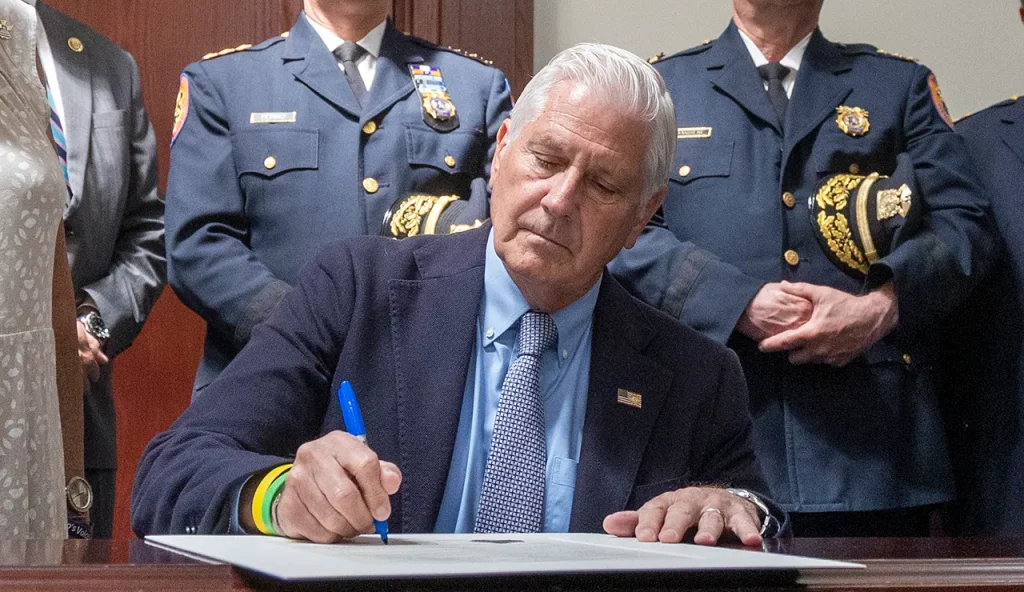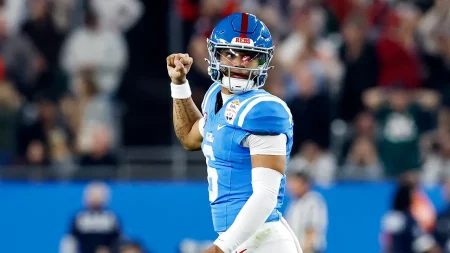New York Court Halts Nassau County’s Transgender Sports Ban Amid Ongoing Legal Battle
In a significant legal development, a New York appeals court has temporarily blocked Nassau County’s controversial ban on transgender athletes competing in women’s sports at county-owned facilities. This judicial intervention comes just days after a lower court judge had upheld the ban. The rapidly evolving situation highlights the tension between local governance and state anti-discrimination laws, placing Nassau County at the center of a broader national debate about transgender rights in sports. County Executive Bruce Blakeman, a Republican who initially introduced the measure as an executive order in February 2024 before it was passed into law by the Republican-controlled Legislature in June, remains defiant despite the setback. “Nassau County will continue to protect the integrity and safety of women’s sports,” Blakeman told the New York Post, signaling his administration’s commitment to defending the ban through the legal process.
The legal challenge to Nassau County’s ban was spearheaded by the Long Island Roller Rebels, a local roller derby league whose president, Amanda “Curly Fry” Urena, is transgender and actively competes in the sport. Their lawsuit argues that the county’s restrictions violate New York State’s anti-discrimination laws, which offer protections based on gender identity. The initial ruling by Judge R. Bruce Cozzens supported the county’s position, stating that the ban was designed “to protect women and girls” while noting that transgender athletes could still participate in coed sports leagues at county facilities. However, the state Appellate Division took a different view in issuing its stay, recognizing that forcing the women’s roller derby league to become coed would fundamentally “change the identity of the league,” potentially threatening its standing with the sport’s governing body and its ability to attract members and competing teams.
The appeals court’s intervention represents a significant, if temporary, victory for transgender rights advocates. Urena expressed that players were “thrilled” the higher court had seen through what she characterized as Nassau County’s “transphobic and cruel ban.” This sentiment was echoed by Gabriella Larios, an attorney with the New York Civil Liberties Union, who interpreted the ruling as making it “crystal clear that any attempt to ban trans women and girls from sports is prohibited by our state’s antidiscrimination laws.” The legal battle has far-reaching implications, as Nassau County’s ban would affect more than 100 sports facilities throughout the region, potentially impacting numerous transgender athletes who wish to participate in women’s sports competitions.
Bruce Blakeman, who has become the public face of the ban, brings significant political experience to this controversy. A former commissioner of the Port Authority of New York and New Jersey with family connections to the George W. Bush administration, Blakeman defeated Democratic incumbent Laura Curran in the 2021 election. His stance on transgender athletes in women’s sports aligns with conservative positions seen across the country, where similar restrictions have been implemented in various states. The Nassau County ban represents part of a broader national conversation about balancing competitive fairness in women’s sports with inclusivity for transgender athletes, a debate that has intensified in recent years across school, collegiate, and professional sports.
The legal saga surrounding Nassau County’s transgender sports ban illustrates the complex interplay between local governance and state-level protections. While county officials argue their policy protects women’s sports, opponents contend it represents discrimination prohibited under New York State law. The case also highlights how local communities have become battlegrounds for larger cultural and political conflicts playing out across the nation. As this particular legal challenge proceeds through the courts, it may establish important precedents for how similar disputes are resolved in other jurisdictions, potentially influencing policy decisions far beyond Long Island’s boundaries.
As this situation continues to develop, both sides remain firmly entrenched in their positions, with transgender rights advocates celebrating the temporary block while county officials prepare to continue their legal defense. The ultimate resolution will likely depend on how higher courts interpret the relationship between the county’s authority to regulate its facilities and the state’s anti-discrimination protections. Regardless of the final outcome, the case underscores how sports have become a focal point in the broader conversation about transgender rights and inclusion in American society. With passionate advocates on both sides and significant principles at stake, the Nassau County transgender sports ban controversy represents more than just a local policy dispute—it embodies fundamental questions about equality, competition, and the evolving understanding of gender in contemporary American life.















